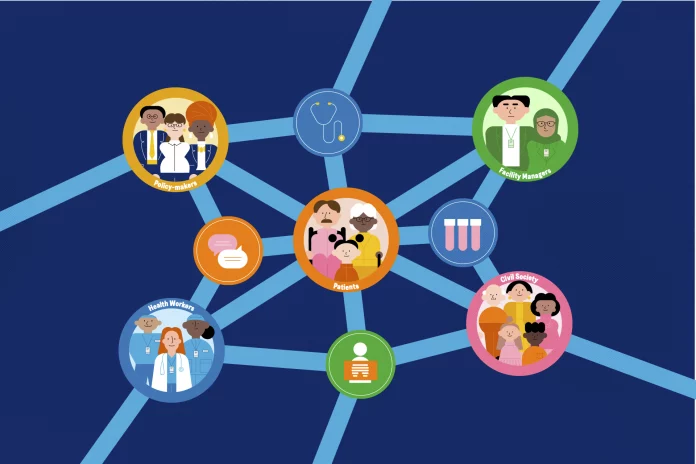“Get it right, make it safe!”
World Patient Safety Day is an opportunity to raise public awareness and foster collaboration between patients, health workers, policymakers and health care leaders to improve patient safety.
A diagnosis identifies a patient’s health problem. To reach a diagnosis, patients and their health care teams must work together to navigate the complex and sometimes lengthy diagnostic process. It involves discussion with the patient, examination, testing and review of results before reaching the final diagnosis and treatment. Errors can occur at any stage and can have significant consequences. Delayed, incorrect or missed diagnosis can prolong illness and sometimes cause disability or even death.
The theme for this year’s World Patient Safety Day is focused on improving diagnosis for patient safety, using the slogan “Get it right, make it safe!”. On the day, patients and families, health workers, health care leaders, policy makers and civil society will emphasize the pivotal role of correct and timely diagnosis in improving patient safety.
This year the theme is “Improving diagnosis for patient safety” with the slogan “Get it right, make it safe!”, highlighting the critical importance of correct and timely diagnosis in ensuring patient safety and improving health outcomes.
A diagnosis identifies a patient’s health problem, and is a key to accessing the care and treatment they need. A diagnostic error is the failure to establish a correct and timely explanation of a patient’s health problem, which can include delayed, incorrect, or missed diagnoses, or a failure to communicate that explanation to the patient.
Diagnostic safety can be significantly improved by addressing the systems-based issues and cognitive factors that can lead to diagnostic errors. Systemic factors are organizational vulnerabilities that predispose to diagnostic errors, including communication failures between health workers or health workers and patients, heavy workloads, and ineffective teamwork. Cognitive factors involve clinician training and experience as well as predisposition to biases, fatigue and stress.
WHO will continue to work with all stakeholders to prioritize diagnostic safety and adopt a multifaceted approach to strengthen systems, design safe diagnostic pathways, support health workers in making correct decisions, and engage patients throughout the entire diagnostic process.
For more information, please refer to the World Patient Safety Day 2024 Announcement
For further questions, please contact: patientsafety@who.int



